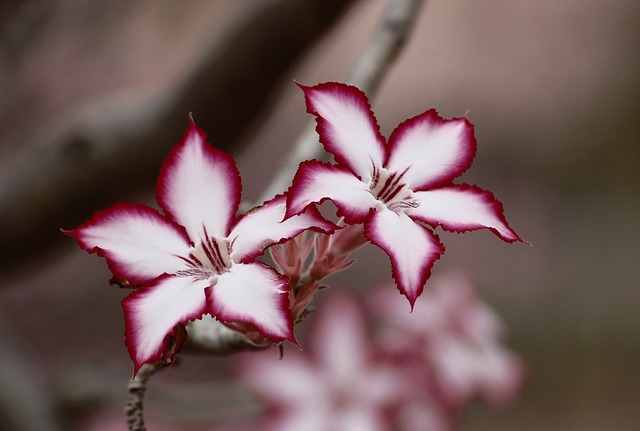Surviving Summer: Essential Care Tips for Flower Plants
Summer is a challenging time for flower plants as the high temperatures and intense sunlight can take a toll on their growth and health. However, with proper care and attention, you can help your flowers not just survive but thrive during the summer months.

In this article, we will discuss some essential care tips for flower plants during the summer season.
- Watering
One of the most important things you can do for your flower plants during the summer is to water them adequately. As the temperatures rise, plants lose more water through evaporation, so you need to water them more frequently than you do during cooler months. However, be careful not to overwater your plants as this can lead to root rot. Water your plants early in the morning or late in the evening to reduce water loss through evaporation. - Mulching
Mulching is another essential care tip for flower plants during the summer season. A layer of organic mulch, such as shredded leaves, straw, or wood chips, can help to retain moisture in the soil and regulate the temperature around the plant roots. Mulch also helps to suppress weeds, which can compete with your plants for water and nutrients. - Fertilizing
During the summer, your flower plants are likely to be in their peak growth phase, and they need an adequate supply of nutrients to fuel their growth. You can use organic fertilizers, such as compost, bone meal, or fish emulsion, to provide your plants with the nutrients they need. Be sure to follow the instructions on the fertilizer package and avoid over-fertilizing your plants. - Pruning
Pruning your flower plants during the summer can help to promote healthy growth and prevent diseases. Deadheading spent blooms and cutting back leggy stems can encourage the plant to produce more flowers and improve its overall appearance. Be sure to use clean, sharp pruning shears to avoid damaging the plant. - Protecting from Pests and Diseases
Summer is a prime time for pests and diseases to attack your flower plants. You can prevent infestations and infections by inspecting your plants regularly for signs of damage or disease. If you notice any pests or diseases, you can use organic pest control methods, such as insecticidal soaps or neem oil, to eliminate the problem. - Providing Shade
If your flower plants are in direct sunlight for most of the day, they may benefit from some shade during the hottest parts of the day. You can provide shade by placing a shade cloth over the plants or moving them to a partially shaded area. Be sure to monitor the amount of shade your plants are getting, as too much shade can also be detrimental to their growth.
In conclusion, with proper care and attention, you can help your flower plants thrive during the summer months. By following these essential care tips, you can ensure that your plants remain healthy and beautiful throughout the season. Remember to water your plants regularly, mulch the soil, fertilize, prune, protect from pests and diseases, and provide shade when necessary. With these steps, your flower plants will not just survive, but thrive during the hot summer season.
